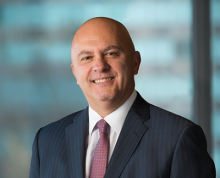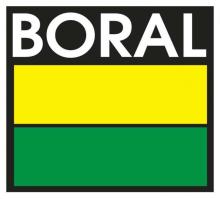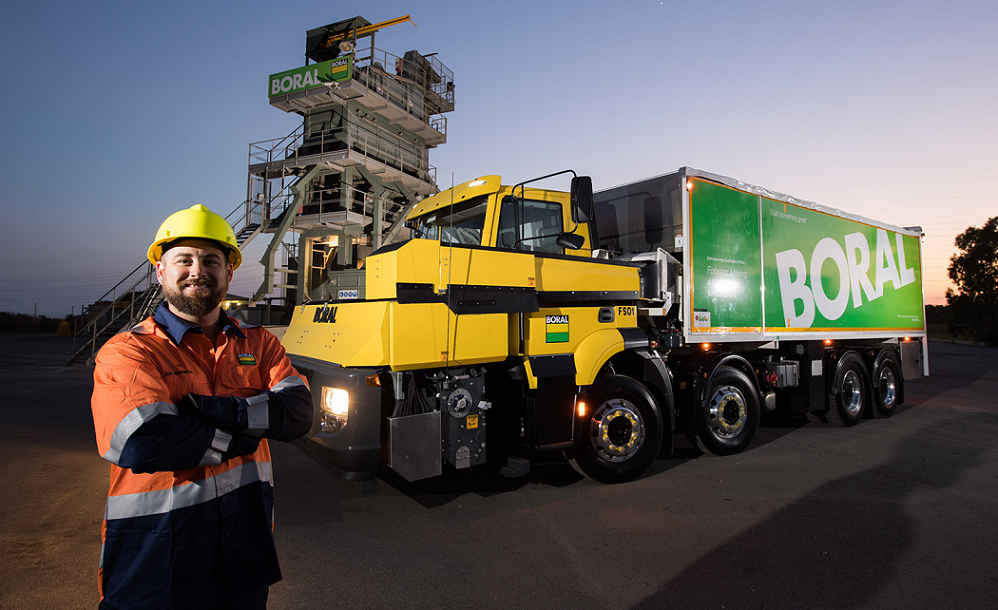
Australian-headquartered Boral’s net profit after tax (NPAT) before significant items of AUS$251mn, was up 44% on the prior year. Total operations revenue of AUS$5.346bn was down 7% on FY2020, and sales revenue from continuing operations of AUS$2.924bn down 6%, due to lower volumes and softer prices. Earnings before interest and tax (EBIT) of AUS$445mn was up 37%.
Other disclosed trading figures put Boral’s EBIT from continuing operations (excluding Property) at AUS$157mn, up 11%, reflecting transformation benefits partially offset by lower volumes and softer pricing. The group also recorded a post-tax gain of AUS$389mn for significant items primarily relating to profit from the sale of Boral’s 50% interest in USG Boral and the Midland Brick business (net of costs). Boral’s net debt for the year to 30 June 2021 stood at AUS$899mn, down from $2,580mn on 30 June 2020.
Boral’s CEO & managing director, Zlatko Todorcevski, said: “We have made substantial progress in our strategy to transform Boral into a stronger, better performing, more customer-focused organisation, with a core portfolio of businesses that deliver value throughout the cycle.
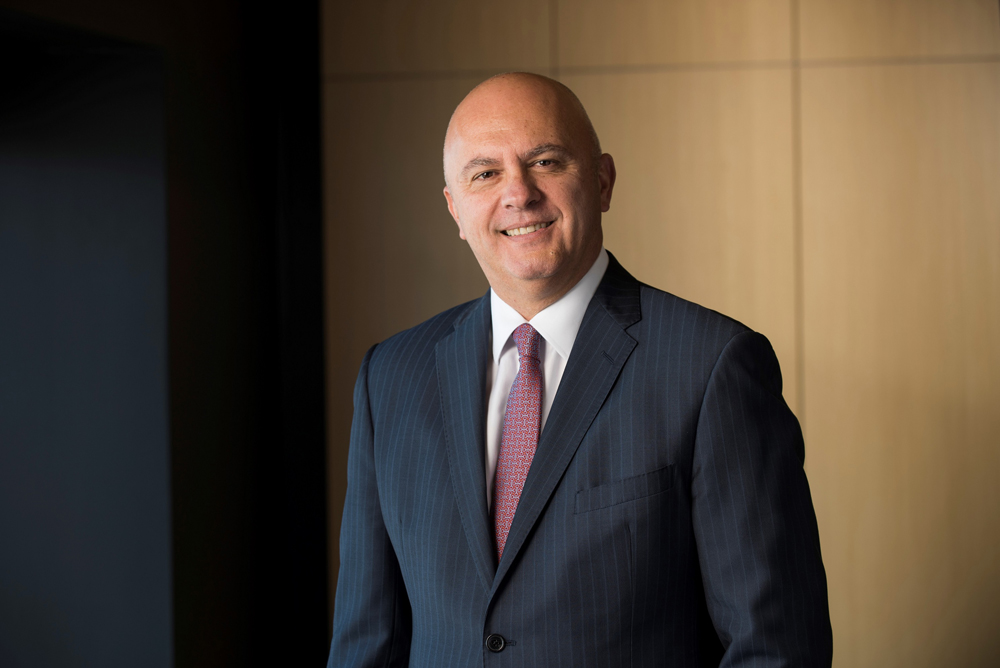
“Over the past year, we have progressed the divestments of several non-core assets, including completing the divestment of our interest in the USG Boral JV and announcing the sale of North America Building Products, achieving sale prices well above expectation.
“With total proceeds of almost A$4.5 billion from completed and announced divestments to date, our strategy to focus Boral on the core Australian construction materials business is well advanced. And following a detailed assessment of strategic options for our North American Fly Ash business, we are now entering the final stages of a divestment of this business.”
Todorcevski said Boral’s Transformation program, which targets an EBIT uplift of AUS$200mn to AUS$250mn in the Australian business by 2025, has already delivered AUS$75mn (net of inflation and including AUS$6mn in Australian Building Products), with an annualised run rate of AUS$94mn at year-end. The Transformation target has been set to achieve a return on funds employed above the cost of capital throughout the cycle.
“We have implemented a new operating model, with a new leadership team supporting the turnaround. The operating model sees Boral moving from a siloed regional structure to an integrated operating company organised along national product lines. This will make it easier for our customers to work with us and should enable us to create significant value.”
Boral’s CEO and MD said that Boral is redefining itself through its decarbonisation plans, growing its recycling business and accelerating the roll-out of its proprietary lower carbon concrete products.
He continued: “We’ve set sector-leading, science-based carbon emission reduction targets aligned with limiting global warming to 1.5°C, and we are committed to net-zero emissions by 2050. This translates to a commitment to reduce our Scope 1 and 2 emissions by 46% by 2030. We are also targeting a reduction of 22% per tonne of cementitious materials produced by 2030 for our Scope 3 emissions.” Solid full-year results in challenging conditions.
“Our full-year FY2021 results reflect the mixed market conditions we are continuing to experience in Australia during the pandemic. The value of total construction work done in FY2021 was lower than the prior year, including in multi-residential, non-residential and infrastructure construction. Several major projects were completed during the period, with others delayed before new projects come online and reach materials intensity. While a lift in detached housing provided a boost to activity during the year, Boral’s earnings are predominantly exposed to construction activity outside of residential.
“Despite this, EBIT for the continuing Australian business, excluding earnings from Property, was up 11% to $157 million. Property earnings of $24 million were lower than last year. Pleasingly, the Transformation program benefits helped to offset the impacts of inflation, lower volumes and softer pricing outcomes.”
Uncertain conditions continue with COVID-19 pandemic lockdowns impacting business worldwide. Commenting on the current trading conditions and outlook, Todorcevski said: “Boral’s number one priority is the health and safety of its people and customers, with the current COVID-19 lockdown restrictions presenting significant challenges.
“We remain focused on minimising the risk of spreading COVID-19 to keep our people, customers, and communities safe, with our sites operating with COVID safe plans in line with government requirements. This is consistent with our strong safety culture and our strengthened focus on the prevention of serious harm, which has seen Boral’s actual and potential serious harm incident frequency rates in FY2021 improve by 67% and 53%, respectively.”
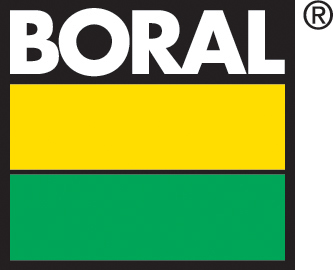
Todorcevski said that as Boral finished the last financial year, there were encouraging signs of improving demand. However, he said the new financial year has started with early challenges because of pandemic-related lockdowns.
He added: “Construction industry temporary closures in Greater Sydney and South Australia in July 2021 had an estimated EBIT impact of AUS$16 million due to lost volumes and higher costs. Further impacts are continuing in the first quarter in Greater Sydney due to LGA closures together with restrictions in other states and the slow ramp-up of activity in South Australia. At this stage, the impact in the first quarter may be in the order of AUS$50 million.
“Where we can, we are taking actions to minimise the financial impacts of COVID-related measures, including short-term cost measures.
“We expect that FY2022 market conditions will be mixed. Infrastructure activity, particularly road construction, is expected to improve slightly in the second half of FY2022 and moving into FY2023.
“Non-residential activity is expected to be broadly steady. Growth in detached housing has been supported by government stimulus measures, and we expect to see continued benefits. However, lead indicators suggest softening of demand will occur during the year. Multi-residential activity is expected to remain weak, with a lift in activity not expected until immigration returns.
“We are focusing on what we can control in our business, including targeting a further AUS$60–$75 million of net Transformation benefits in FY2022.
“Overall, our turnaround strategy is delivering results at a time of major challenges not just for Boral but the construction sector and the broader economy.”

